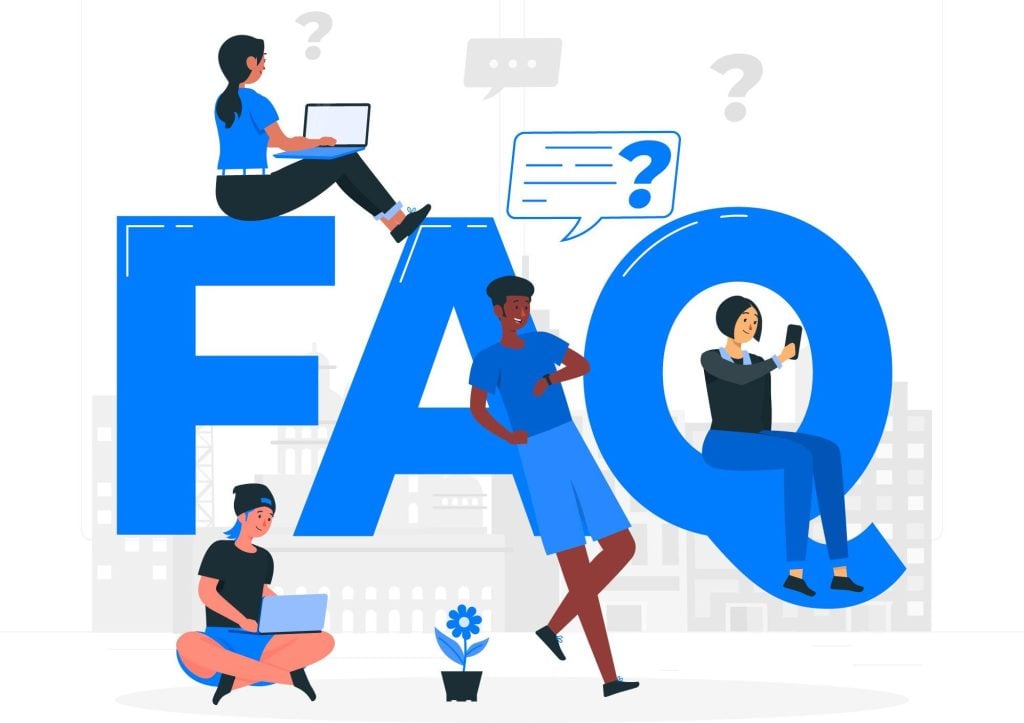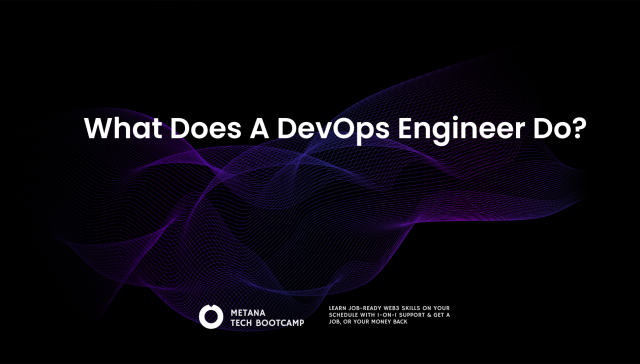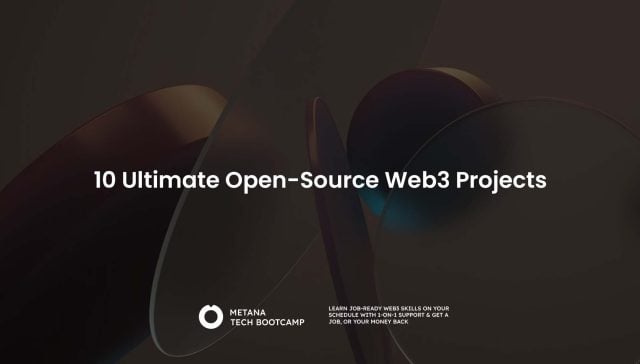Introduction
In today’s digital age, data analysis has emerged as a crucial driver of success for businesses and industries across the globe. With the exponential growth of data generated every day, the ability to extract valuable insights and make informed decisions has become a competitive advantage.
If you’re thinking, “What qualifications do I need to be a Data Analyst?“, you’re setting foot on an exciting career path. Being a data analyst requires a unique blend of technical and soft skills. While the journey may seem challenging at first, with the right dedication, you’re sure to reach your goal.
Why Start a Career as a Data Analyst?
The field of data analysis has become one of the most sought-after career paths in recent years, and for good reason. Here are some compelling reasons to consider starting a career as a data analyst:
- High Demand and Job Security: The demand for skilled data analysts is skyrocketing across industries. As companies increasingly rely on data-driven decision-making, they need professionals who can gather, analyze, and interpret data to provide valuable insights. This high demand ensures excellent job prospects and long-term job security.
- Lucrative Salary: Data analysts are well-compensated for their expertise. The combination of high demand and specialized skills allows data analysts to command competitive salaries, making it an attractive career choice for those seeking financial stability and growth.
- Problem-Solving and Impact: Data analysts are problem-solvers at heart. They enjoy the thrill of tackling complex challenges and uncovering hidden patterns in data to drive meaningful insights. By providing valuable insights and recommendations, data analysts have the power to influence strategic decisions and make a significant impact on business outcomes.
- Versatility and Industry Relevance: Data analysis is a versatile field that spans across industries. Whether it’s finance, healthcare, marketing, or manufacturing, data analysts play a crucial role in driving business success by providing actionable insights. This versatility allows data analysts to work in diverse domains and gain exposure to various industries.
- Continuous Learning and Growth: The field of data analysis is constantly evolving, with new tools, techniques, and technologies emerging regularly. This dynamic nature of the industry ensures that data analysts are always learning and expanding their skill sets, making it an intellectually stimulating and fulfilling career choice.

Understanding the Role of a Data Analyst
What Does A Data Analyst Do?
A data analyst is responsible for collecting, organizing, and analyzing large sets of data to extract meaningful insights that can drive decision-making and strategy within an organization. They play a crucial role in helping businesses understand patterns, trends, and correlations in data to make informed decisions that can improve operational efficiency, optimize processes, and drive growth.
What Are The Key Responsibilities Of A Data Analyst?
- Data Collection: Data analysts gather relevant data from various sources, such as databases, surveys, and research studies. They ensure data quality and integrity, cleaning and organizing the data for analysis.
- Data Analysis: Data analysts use statistical and analytical techniques to explore and interpret data. They identify trends, patterns, and relationships and perform statistical tests to validate findings.
- Data Visualization: Data analysts create visual representations of data through charts, graphs, and dashboards to effectively communicate insights to stakeholders. They use tools like Tableau, Power BI, and Excel to present data in a clear and understandable manner.
- Report Generation: Data analysts prepare comprehensive reports summarizing their findings and recommendations. These reports are used by decision-makers to drive strategic initiatives and make data-driven decisions.
- Collaborative Decision-Making: Data analysts work closely with cross-functional teams and stakeholders to understand business requirements and provide analytical support for decision-making processes.
What Are The Skills And Qualities Required To Excel As A Data Analyst?
- Statistical Analysis: Proficiency in statistical techniques, including mean, median, variance, standard deviation, correlation, regression, and hypothesis testing 1, is crucial for data analysis.
- Programming: Knowledge of programming languages like Python and R is essential for data manipulation, data analysis, and building statistical models.
- Database Management: Familiarity with querying databases using SQL and knowledge of database systems like MySQL, PostgreSQL, Oracle, or MS SQL are necessary for extracting and manipulating data.
- Data Visualization: Data analysts should be skilled in creating visually compelling charts, graphs, and dashboards using tools like Tableau 1, Power BI, or Excel to effectively communicate insights.
- Critical Thinking and Problem-Solving: Data analysts need strong analytical and problem-solving skills to identify patterns, make connections, and draw meaningful conclusions from complex data sets.
- Attention to Detail: Being detail-oriented is crucial to ensure data accuracy and maintain data integrity throughout the analysis process.
Midway in the journey, you might stop to wonder, “What qualifications do I need to be a Data Analyst from the perspective of soft skills?” Excellent communication skills top the list. A Data Analyst needs to be able to clearly explain complex data to non-technical team members. This demands the ability to tell stories with data, which is as important as crunching the numbers.
Real-Life Examples Of Data Analysis In Different Fields:
- Marketing.
- Finance.
- Healthcare.
- E-commerce.
These examples highlight just a few areas where data analysis plays a crucial role. The applications of data analysis span across various industries, helping organizations make data-driven decisions and gain a competitive edge in the digital age.

What Qualifications Do I Need To Become A Data Analyst?
- Education and Qualifications
How to become a data analyst? Here are some steps you can follow in terms of education and qualifications:
Choose a Relevant Degree:
There are several academic paths you can take to become a data analyst, including degrees in statistics, mathematics, computer science, or data science. Each degree has its pros and cons, so it’s important to consider your interests and career goals when making a decision.
- A degree in statistics can provide a strong foundation in statistical analysis and modeling techniques, which are essential for data analysis.
- A degree in mathematics can develop your analytical and problem-solving skills, which are valuable in data analysis.
- A degree in computer science can equip you with programming skills and knowledge of algorithms and data structures, which are useful for data manipulation and analysis.
- A degree in data science combines elements of statistics, mathematics, and computer science to provide a comprehensive understanding of data analysis techniques and tools.
Gain a Strong Foundation in Statistics and Mathematics:
Regardless of the degree you choose, it’s important to have a solid understanding of statistics and mathematics. These subjects form the basis of data analysis and will help you make sense of data, identify trends, and draw insights. Consider taking classes or online courses in subjects such as:
- Probability and statistical inference
- Regression analysis
- Multivariate analysis
- Calculus and linear algebra
Develop Programming Skills:
Programming languages are essential for data analysis, as they allow you to manipulate and analyze large datasets efficiently. Some commonly used programming languages in data analysis include Python, R, and SQL. Consider learning these languages and gaining proficiency in:
- Data manipulation and cleaning
- Statistical analysis and modeling
- Data visualization and reporting
- There are many online platforms, tutorials, and resources available that can help you learn programming languages and apply them to data analysis tasks.
There are many online platforms, tutorials, and resources available that can help you learn programming languages and apply them to data analysis tasks.

- Practical Experience and Projects
In addition to your education, gaining practical experience is crucial for becoming a data analyst. Here are some steps you can take to gain hands-on experience:
- Internships and Entry-Level Positions: Seek out internships or entry-level positions in companies or organizations that deal with data analysis. This will allow you to apply your knowledge in a real-world setting, work with real data, and gain valuable practical skills. Look for opportunities in fields such as finance, healthcare, e-commerce, or marketing, as these often require data analysis expertise.
- Personal Projects and Data Analysis Challenges: Work on personal projects or participate in data analysis challenges to further develop your skills and showcase your abilities. There are online platforms and communities that provide datasets and challenges for practicing data analysis. Engaging in such projects will not only enhance your technical skills but also demonstrate your problem-solving abilities to potential employers
- Specialization and Additional Training
To enhance your career prospects as a data analyst, you can consider specializing in a specific area of data analysis and pursuing additional training or certifications. Here are some steps you can take:
- Choose a Data Analysis Specialization: Data analysis encompasses various domains, such as business analytics, healthcare analytics, financial analytics, or social media analytics. By specializing in a particular field, you can develop expertise in domain-specific data analysis techniques and gain a competitive edge in the job market.
- Pursue Data Analysis Certifications: Industry-recognized certifications in data analysis can demonstrate your proficiency and commitment to the field. Some popular certifications include:
- Certified Analytics Professional (CAP)
- Data Science Council of America (DASCA) certifications
- Microsoft Certified: Data Analyst Associate
- Tableau Desktop Specialist/Associate certifications
Research different certification programs and their requirements to find the ones that align with your goals and interests.
Remember, becoming a data analyst is a continuous learning journey. Stay updated with the latest tools, techniques, and trends in the field by participating in online courses, attending workshops or conferences, and reading industry publications. Continuous learning and practical experience will help you develop your skills and advance in your data analyst career.

Building a Professional Network
Building a professional network is crucial in the data analysis field as it can open up numerous opportunities for career growth, learning, and collaboration. Networking allows data analysts to connect with industry professionals, stay updated on the latest trends and technologies, and explore potential job opportunities.
Here are some strategies for building and expanding your professional network in the data analysis field:
- Connect with professionals on LinkedIn and other platforms
- Attend industry events and conferences
- Join relevant communities and online forums
- Engage in industry-specific projects and collaborations
- Seek mentorship and guidance
- Contribute to the data analysis community
Job Search and Career Development
Crafting an Effective Data Analyst Resume and Cover Letter:
To craft an effective data analyst resume and cover letter, consider the following tips:
- Tailor your resume and cover letter
- Highlight your technical skills
- Quantify your achievements
- Include relevant projects and portfolios
- Demonstrate your analytical and problem-solving skills
- Use a professional format and language
Preparing for Interviews and Showcasing Data Analysis Skills

To prepare for data analyst interviews and showcase your data analysis skills, consider the following tips:
- Review common interview questions
- Highlight your technical skills
- Demonstrate your domain knowledge
- Discuss your experience with data visualization.
- Communicate your problem-solving approach.
Potential Career Paths and Advancement Opportunities in Data Analysis:
Data analysis offers various career paths and advancement opportunities. Some potential paths include:
- Data Analyst
- Business Analyst
- Data Scientist
- Data Engineer.
- Data Architect.
- Data Analytics Manager.
Advancement opportunities in data analysis often involve gaining experience, developing advanced technical skills, and expanding domain knowledge. Continuous learning, staying updated on emerging technologies and techniques, and seeking professional certifications can also enhance career prospects in the field.
Conclusion : What Qualifications Do I Need to Be a Data Analyst?
In conclusion, this article has highlighted several key points regarding the field of data analysis. We have discussed the importance of continuous learning and growth in this dynamic field. Data analysis is constantly evolving, and it is crucial for professionals to stay updated with the latest tools, techniques, and methodologies.
By embracing continuous learning, data analysts can enhance skills, expand knowledge, and stay ahead of the competition. This not only improves job prospects but also enables making more informed decisions and drive meaningful insights from data.
Furthermore, the article has emphasized the significance of pursuing one’s aspirations of how to become a data analyst. The demand for skilled data analysts is on the rise, and this trend is expected to continue in the future. By taking action and pursuing a career in data analysis, individuals can unlock a world of opportunities and contribute to the ever-growing field of data science.
So, if you’re asking “What qualifications do I need to be a Data Analyst?”, remember that it involves a combination of technical skills, educational background, and soft skills. It’s not just about numbers and computers; it’s also about understanding the business context and communicating insights effectively. With the right determination and continuous learning, these qualifications are not beyond reach, and the rewarding career of a Data Analyst could be your next step!

- What are the requirements to become a data analyst?
- A bachelor’s degree in a related field, such as statistics, mathematics, computer science, or economics.
- Strong technical skills in programming languages (Python, R, SQL), data mining, statistical analysis, and data visualization.
- Strong soft skills in communication and problem-solving.
- Some prior experience in data analysis or a related field.
- How do I start learning to become a data analyst?
- There are many ways to start learning to become a data analyst. Here are a few ideas:
- Take online courses or tutorials.
- Read books and articles about data analysis.
- Attend data analytics meetups and conferences.
- Volunteer or intern with a company that uses data analysis.
- Build your own data analysis projects.
- Is it hard to become a data analyst?
- It can be challenging to become a data analyst, but it is not impossible. The most important thing is to be willing to learn and put in the effort.
- Can I teach myself to be a data analyst?
- Yes, it is possible to teach yourself to be a data analyst. However, it will take more time and effort than if you were to get a formal education.
- Is data analyst an IT job?
- Data analyst is not specifically an IT job, but it does require some understanding of IT concepts. Data analysts use computers and software to collect, clean, analyze, and visualize data.
- Is Python needed for data analysis?
- Python is a popular programming language for data analysis. It is easy to learn and has a large library of data analysis tools. However, it is not the only language that can be used for data analysis. Other popular languages include R, SQL, and MATLAB.
- Which language is best for data analysis?
- There is no one “best” language for data analysis. The best language for you will depend on your specific needs and preferences.
- Should I learn SQL or Python first?
- SQL and Python are both important languages for data analysis. SQL is a database language that is used to query and manipulate data. Python is a general-purpose programming language that can be used for a variety of tasks, including data analysis.
- If you are new to data analysis, I recommend learning SQL first. SQL is a relatively simple language to learn and it is essential for working with data in databases. Once you have learned SQL, you can then learn Python.
- Can I become data analyst in 3 months?
- It is possible to become a data analyst in 3 months, but it will be challenging. You will need to be very motivated and disciplined to learn the necessary skills in such a short amount of time.
- Is coding required for data analytics?
- Yes, coding is required for data analytics. Data analysts use programming languages to collect, clean, analyze, and visualize data. The specific programming languages that you need to learn will depend on the specific tasks that you will be performing as a data analyst.





